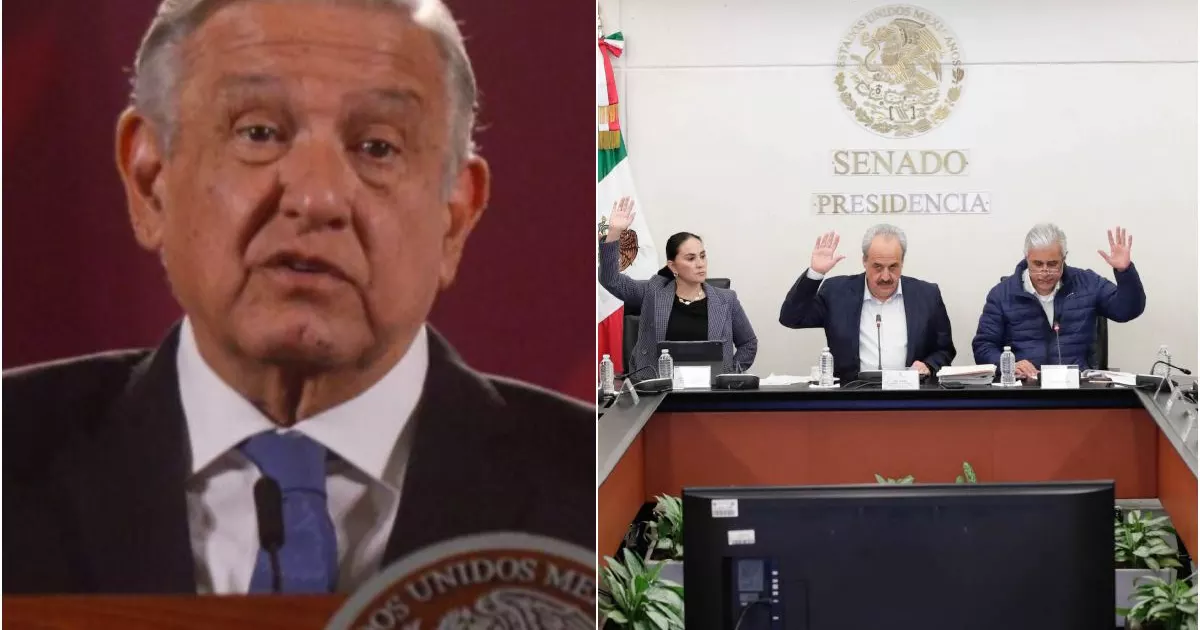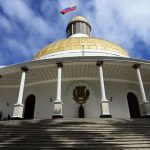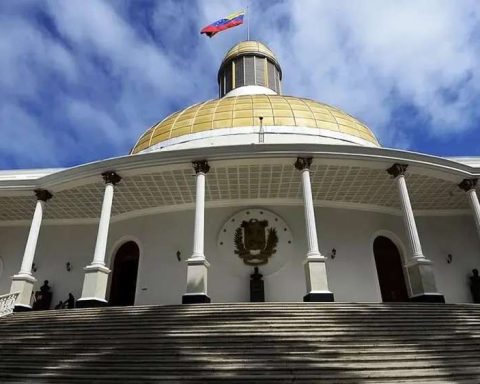The vote of the PVEM senator was given in the midst of the fuss over the changes made to the minutes, via the opinions, and that they would reverse the “gifts” that the deputies would have given to the allied parties of Morena, that is, the Party of Labor (PT) and Verde himself, such as making the requirements of small parties more flexible in order to preserve their registration as political forces.
Another one was the possibility of transferring votes between coalition parties —so that recognized voting is distributed from the agreement— or that they could be considered national parties with only accrediting 3% of votes in 17 entities.
Morena, with enough votes
Even if the PVEM did not give its six votes to the electoral “Plan B” in plenary session, it will have no problem being endorsed, since these are secondary laws the simple majority of half plus one is enough, that is, 65 votes out of 127 senators if they all show up (there is one vacancy for Tamaulipas). Morena, the PT and the Social Meeting (PES) have 70 seats.
This afternoon the Senate Governance Commission gave its endorsement to the opinions, with the opposition absent. Although the two commissions should have met together, they did so separately, because there was no quorum in the Legislative Studies commission in the morning.
Tonight, the opposition did give arguments in the Legislative Studies Commission that they voted against, the same position that they will take to the plenary session of the venue.
The opinions were sent to the Board of Directors of the Senate so that in this Tuesday’s session they will be given a first reading. According to the regulation, 24 hours must elapse for the second reading and eventual discussion and voting, that is, on Wednesday, December 14.
In tonight’s discussion, the opposition warned that they will try to discuss it tomorrow.
In total, two opinions will be put to the vote and discussed in the minutes. In the first, four laws are analyzed: the General Law of Electoral Institutions and Procedures (Legipe), the General Law of Political Parties (LGPP), the Organic Law of the Judiciary of the Federation (LOPJF), and the General Law of the Media. Challenge in Electoral Matters (LGMIME).
In the second minute, reform will be made to two laws: the General Law of Social Communication and the General Law of Administrative Responsibilities (LGRASP).
















